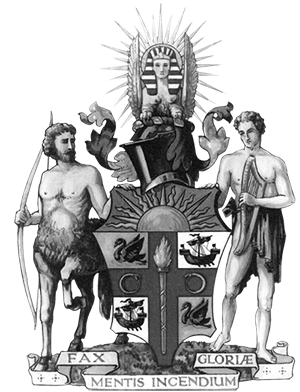Info » Nephrectomy
Info » Nephrectomy
The kidneys are a pair of organs at the back of the abdomen that filter the blood to remove waste products, which they convert to urine.
The most common reason to remove a kidney is the presence of a mass (lump) suggestive of cancer. If it has a typical appearance of cancer on imaging a biopsy is NOT usually indicated. Other reasons to remove a kidney are chronic infections or a blockage that has severely damaged the function fo the kidney.
Not every patient is suitable for laparoscopic nephrectomy as sometimes it is safer to remove the kidney with open surgery.
Usual operating time is between 1 and 3 hours (total theatre time will be longer due to pre operative preparations). Operating time depend on numerous factors such as patient size, previous surgery, size and location of the tumour.
You will usually be admitted to the surgical ward with a drip in the arm for intravenous fluids, catheter in the bladder and a surgical drain coming out of the abdomen (all usually removed the next day).
You may be given a pump to deliver pain relief medications in the first 24 hrs (PCA).
You can usually eat and drink once you are no longer drowsy/nauseous within 12 hours of the operation.
Once you are eating and drinking, walking around unassisted, your pain can be controlled with oral medications only and your postoperative blood tests are satisfactory. Most patients will go home after 48 hours after operation. The stitches are dissolving and do not need removal. Dressings can be removed after 4-5 days.
This is a major operation done using minimally invasive techniques. The risks include:
Usually you can drive and slowly return to normal activities from 2 weeks. It may however be 4-6 weeks before you can resume all normal activities including work.
Generally speaking NO as you will have a normal other kidney that will take up the extra work. You will undergo tests before your surgery to assess your remaining kidney and its function. If there is a possibility of significant kidney failure you would be referred onto a renal physician to assess the risk of needing any further treatment including dialysis.
We will discuss the pathology results with you but usually no other treatments are required unless disease is discovered outside of the kidney.
Your postoperative review is usually between 2-6 weeks where the pathology results are discussed. You will need follow up scans and blood tests long term and we will detail this once the pathology results are known.
Mr Serge Luke
MBChB MD FRACS
Consultant Urologist

ROYAL AUSTRALASIAN
COLLEGE OF SURGEONS

Mr Alastair J. Hepburn
MBChB FRACS
Consultant Urologist